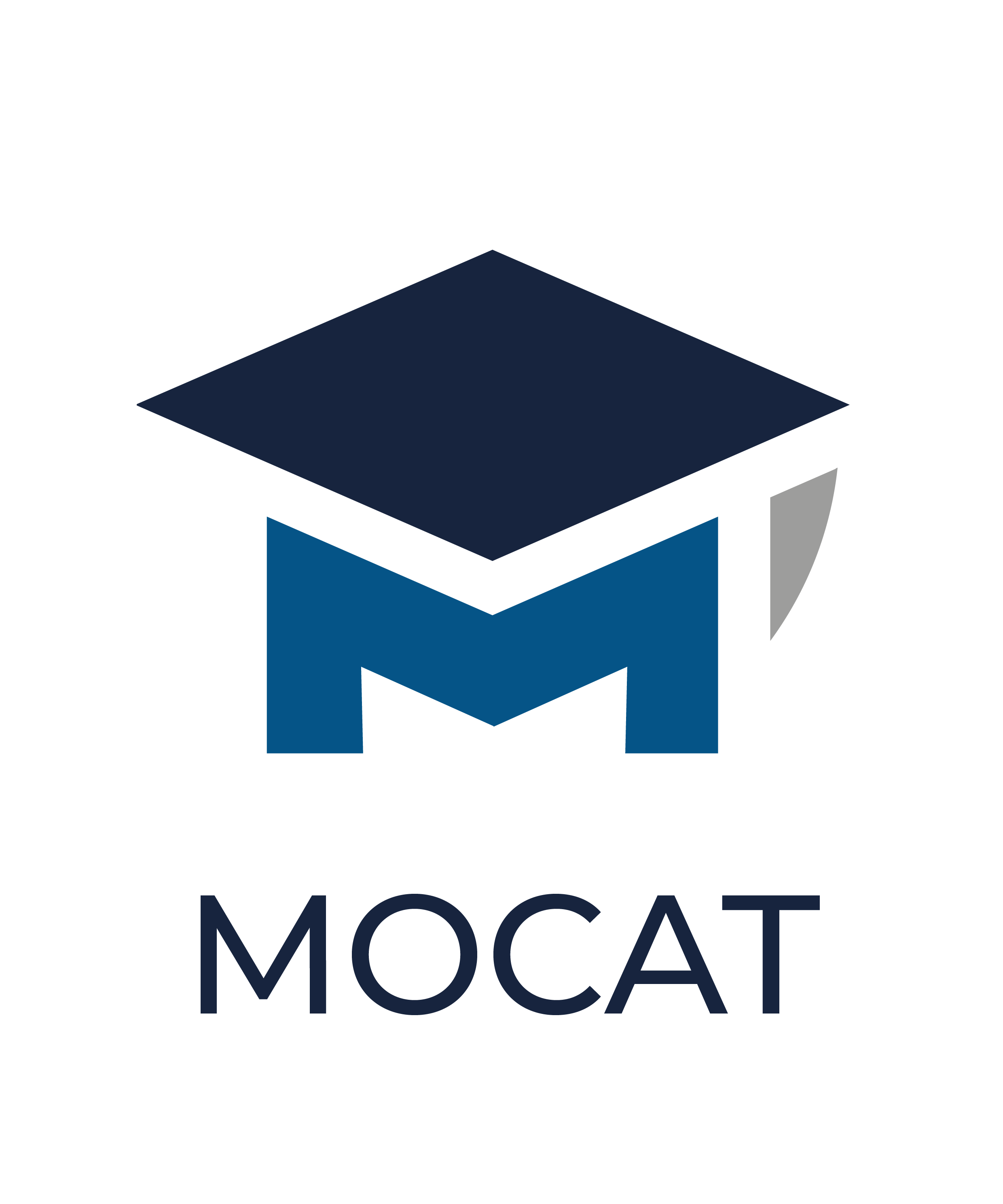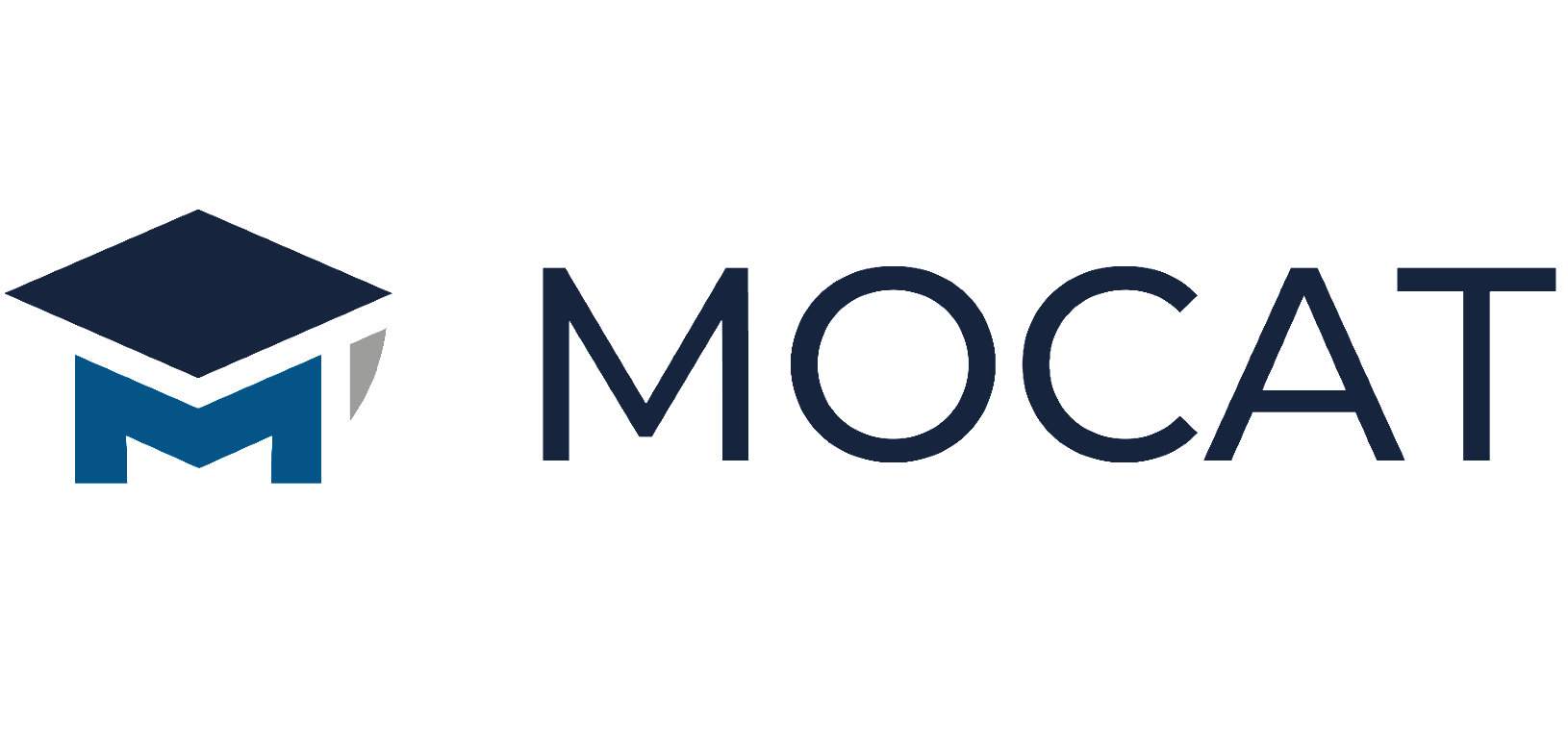
MOCAT Model
The MULTICULTURAL COMPETENCE MODEL OF A MODERN ACADEMIC TEACHER is a detailed description of what a modern academic teacher should know about learning processes of an individual, a group of people or a group of people with different cultural backgrounds.
Thanks to our model, every university may try to improve teaching quality. It can offer dedicated development training, create criteria for recruitment and periodic assessment of teachers. Every teacher may also make an autonomous decision to develop specific areas. Teaching quality has been presented from the perspective of specific teachers’ abilities for the first time.
It contains a description of teaching competences. They were divided into four areas, meaning the methodology of teaching, using technology in teaching, interpersonal communication and intercultural management. Each of those areas was defined and filled with a precise list of knowledge items, skills and attitudes.
Main Idea
We called our model MOCAT. This name refers to the fact that academic teachers resemble cats a bit, as they are autonomous, critical and independent. But they make also the best educated group of people worldwide, beyond any doubt. If they lacked something, it was the transposition of their scientific knowledge about learning to the everyday tools for working with their students.
Even if some universities have developed their own teacher support systems, there has still been no universal description of this profession. We have assumed science speaks a universal voice. And this is what our model should be like, meaning based on the latest scientific findings and thus universal. Thanks to it, it can be implemented by universities from different parts of the world.
The old paradigm of perceiving academic teaching releases the lecturer from responsibility for the student’s success but enables them to sign under that success. Our model describes an academic teacher as a person having scientific background to teach and using student support tools consciously.
Purpose
In the countries represented in the MOCAT project, the teacher’s job is important and enjoys social respect. Unfortunately, there are no clear premises to assess the quality of the academic teacher’s work. There are also no defined tools and methods they should use.
Any academic teacher responsible for the quality of their work wants to develop in their job. What stands in their way is the absence of precise descriptions of what and how they would have to learn to improve the quality of their work. The absence of any formal professional education is, therefore, replaced by some haphazard reference works and imitating other lecturers. In this way, the academic milieu still cherishes some psychoeducational myths (e.g. learning styles) and the same mistakes are repeated (e.g. reading the text displayed in slides aloud).
This model is the tool to ensure quality and professional development. It includes a description of knowledge, skills and attitudes making up the academic teacher profession. Thanks to this description, universities will know what to expect from the lecturers and will be able to support them in their professional development. Knowledge, skills and attitudes were described precisely enough to facilitate specific professional development courses. The MOCAL team has created some of them. They do not cover the entire model, but provide the knowledge and skills being the basic kit of any lecturer.
Content
The MOCAT model contains a description of teaching competences. They were divided into four areas, meaning the methodology of teaching, using technology in teaching, interpersonal communication and intercultural management. Each of those areas was defined and filled with a precise list of knowledge items, skills and attitudes.
The teaching competence division into four areas resulted from the project partners’ experiences. Regardless of the country of origin or the university type, each partner pointed to specific aspects of teaching students, namely being a guide, mentor, partner and the citizen of the world. As we understand it, a university teacher is:
• A guide setting tasks, which corresponds to the teaching methodology area;
• A mentor who understands, accepts, provides advice and is a role model, which corresponds to the interpersonal communication area;
• A partner who speaks the same language, which corresponds to the technology in teaching area;
• A citizen of the world who is open and unbiased, which corresponds to the intercultural competence area.
Every area has proposed development courses thanks to which the academic teacher (or a candidate for this job) may acquire knowledge and skills of a modern teacher. The MOCAT courses enable to acquire some selected competences we considered to be of key importance.
